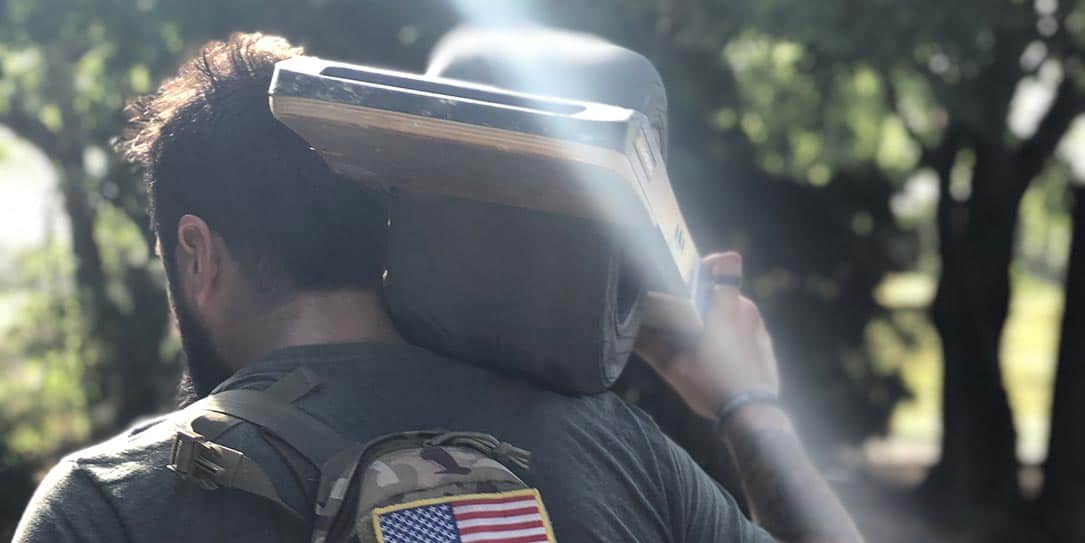Infusing Onewheel into his routine has renewed Derrick Ross’ “feeling of independence and personal enjoyment.”

A couple of years ago, we had the pleasure (and a fun time) reviewing the Onewheel. One thing we didn’t consider was how it might be used to help those with disabilities gain more mobility. The Adaptive Training Foundation and Future Motion have teamed up to do just that for injured veterans through the use of the Onewheel.
“ATF’s efforts and mission are truly inspirational, and it is clear they are motivated by passion and helping their participants not just live, but thrive,” adds Kyle Doerksen, founder and CEO of Onewheel. “We created Onewheel to help users enjoy the ride and push the boundaries of what’s possible. Being able to play even a small role in helping ATF athletes find freedom, progress and hope is incredibly meaningful to myself, our company and our mission. We look forward to working with ATF moving forward as we continue to help improve the quality of life for ReDefine participants.”
Aligning with ATF’s mission “to help participants defy all traditional expectations of their physical and emotional abilities to ultimately redefine their goals and lives,” the Onewheel electric board bridges recreation and transportation. Delivering “pure-joy moments” (trust me, it really is a “pure joy” experience), the Onewheel is part of ATF’s ReDefinie training program which sees participants spend 9 weeks engaging in adaptive sports.
“A sense of freedom, especially as a veteran, is key to mental wellness,” shared ATF participant Derrick Ross, a veteran of the United States Army who was injured by a roadside bomb while serving in Afghanistan. “I struggled with isolation, but infusing Onewheel into my routine has renewed my feeling of independence and personal enjoyment.”
Check out Derrick Ross’ story in the video below:
With the help of Onewheel, ReDefine alumni have achieved goals like:
- walking or running unassisted for the first time
- regaining independence in daily life tasks
- securing competitive-level sports careers, including participating in an Invictus Games, climbing Mount Kilimanjaro and competing in other international competitions
